Point of Sale (POS) software is essential for SMEs in retail, restaurants, and hospitality to streamline payments, track sales, and provide insights into business performance. It also generate Z Reports - daily transaction summaries that are crucial for accounting and reconciliation.
Today's businesses need their POS data to integrate seamlessly with their operational tools like accounting, inventory management systems or staffing platforms. Yet, the fragmented POS market, with its varied protocols and standards, makes integration costly and complex for SaaS companies.
This is where Unified APIs come in. By connecting multiple POS systems through a single integration, they enable SaaS companies to meet the growing demand for automation while saving time and resources.
Let's explore how Unified APIs are transforming financial management and driving business efficiency.
In-House POS integrations: high cost & low scalability
Your integration strategy plays a critical role in shaping your company's resources, release timelines, and overal prorities. The go-to approach for many businesses is often to build integrations inhouse.
This means dedicating some of your developers to create and maintain these integrations. However, it's only after completing the first integration that many vendors truly grasp the extensive effort required-and the hidden costs associated with ongoing maintenance. When factoring in exploration, development, and especially maintenance (often the most underestimated expense), a single integration can end up costing as much as €50.000 per year.
On top of that, there's a substantial opportunity cost: every day spent on building and maintaining integrations is a day not spent improving your core product or moving forward on your roadmap.
For more information about integrations strategies, check out our in depth article Build or Buy Integrations? Partner Instead!
Unified POS API use cases
The most efficient way to add native POS integrations to your software is by using a Unified API provider. Its standardised interface allows you to integrate with multiple software or applications through a single integration rather than dealing with the complexities and variabilities of different APIs.
Here are some use cases where Point of Sale integrations unlock automations and enhance efficiency:
- Accounting automation: synchronize real-time sales data from POS systems with accounting platforms, eliminating manual entry and reducing errors. With a POS-accounting integration, the daily Z Report is automatically transferred, including details such as payment methods, VAT rates, and tips, ensuring streamlined and accurate financial records.
- Staffing software: manage employee shifts and payroll seamlessly by pulling financial data from integrated POS systems. This allows businesses to evaluate workforce productivity in real-time, identify trends, and optimize staffing levels to meet demand without overspending on labor costs.
- Restaurant and hospitality performance software: enhance profitability by leveraging financial data from clients' POS systems. This data enables restaurant managers to refine menus, streamline stock control, and maximize cost efficiency, ultimately driving improved overall profitability.
Chift’s Unified POS API - Your new ROI ally
Chift’s Unified POS API provides a streamlined and effective solution to a complex challenge. Our standardized API enables effortless retrieval of Z-ticket data, seamlessly connecting it to other essential tools such as accounting software.
But Chift doesn’t stop at providing an API. It’s a true technology partner for growth. With features like advanced monitoring, automated mapping, and a no-code marketplace, Chift simplifies the technical and operational challenges of scaling integrations.
.webp)
Low cost / High scalability
With Chift, software vendors easily integrate with major European POS tools such as Lightspeed, Square, Odoo, Zettle, and many more, in a single integration.
European focus and expertise
European businesses rely on a wide variety of POS tools, many of which are country-specific. This fragmentation can make it particularly challenging for software vendors to scale their POS integrations effectively. Chift, unlike competitors, focuses on offering integrations with software used by European companies.
Expand your TAM and close more deals
Prospects are unlikely to consider software that doesn’t integrate with their existing tools. Each new POS integration you add unlocks access to a new customer segment or market. This makes POS integrations a critical factor in expanding your Total Addressable Market (TAM) and closing more deals.
Boost product velocity and reduce churn
By offloading integration efforts to a scalable solution, your developers can focus on improving your core product. This results in faster product iterations and feature releases, enabling you to better meet customer expectations while reducing churn.
Enhance the user experience
Chift offers seamless ways for your users to activate integrations: through your product’s embedded integration marketplace, unique links for data flow setups, or even customizable white-label marketplaces. This flexibility ensures a smooth activation process, requiring minimal effort on your part.
For advanced use cases like setting up POS mappings or inputting software credentials, Chift allows users to easily invite third parties, such as accountants, to assist with these tasks—ensuring a stress-free experience for everyone involved.
Make developers’ lives easier
We know creating software is already challenging, so we’ve designed developer-friendly tools to simplify integrations:
- Unified Documentation: Save time with Chift’s clear, standardized API documentation.
- Dev Platform: Easily test and create integrations with test payloads.
- Integrations Dashboard: Monitor integration performance in real time, tracking client usage, activations, API calls, and transactions.
- Built-In Security: Simplify authentication flows and ensure data encryption with Chift.
Empower your marketing team
POS integrations have become some of the most sought-after product features in multiple product categories, such as accounting or cash flow management platforms. Use your POS integration portfolio as a key selling point and gain a strong integration-first reputation.
Integrations also open up co-marketing opportunities such as partnerships with POS software vendors.
Chift Syncs - No-code integrations & white glove experience
You can integrate with our POS API and directly access integrations to over a dozen POS software.
But for those who don’t feel like coding at all, we have developed Chift Syncs. With Syncs, we integrate your API to our Unified APIs to offer you no-code ready-made flows. Your decide how your users activate integrations, embedded or marketplace for a true white glove experience. Check out our POS Syncs.
Unified POS API enpoints
Here is list of endpoints for our Unified POS API. Check our Unified Documentation for more information.
%%Get orders%%%%Get one order%%%%Get location%%%%Get payments%%%%Get sales%%%%Get payment methods%%%%Get customers%%%%Create one customer%%%%Get one customer%%%%Get products%%%%Get product categories%%%%Get accounting categories%%%%Get closure info for a specific day%%
SaaS leaders partner with Chift
Our Unified POS API is used by the best B2B SaaS vendors. You can learn more about its applications in our customer stories. Click on the image below to discover how Skello scaled their POS integrations exponentially with Chift.

Gain a competitive edge and position yourself for success in an increasingly data-driven world by working with Chift. Reduce costs and development time associated with integrations, close more deals, and increase product velocity.
Curious about how you can use Chift’s Unified POS API for your integrations? Reach out to our team for a demo.

.webp)

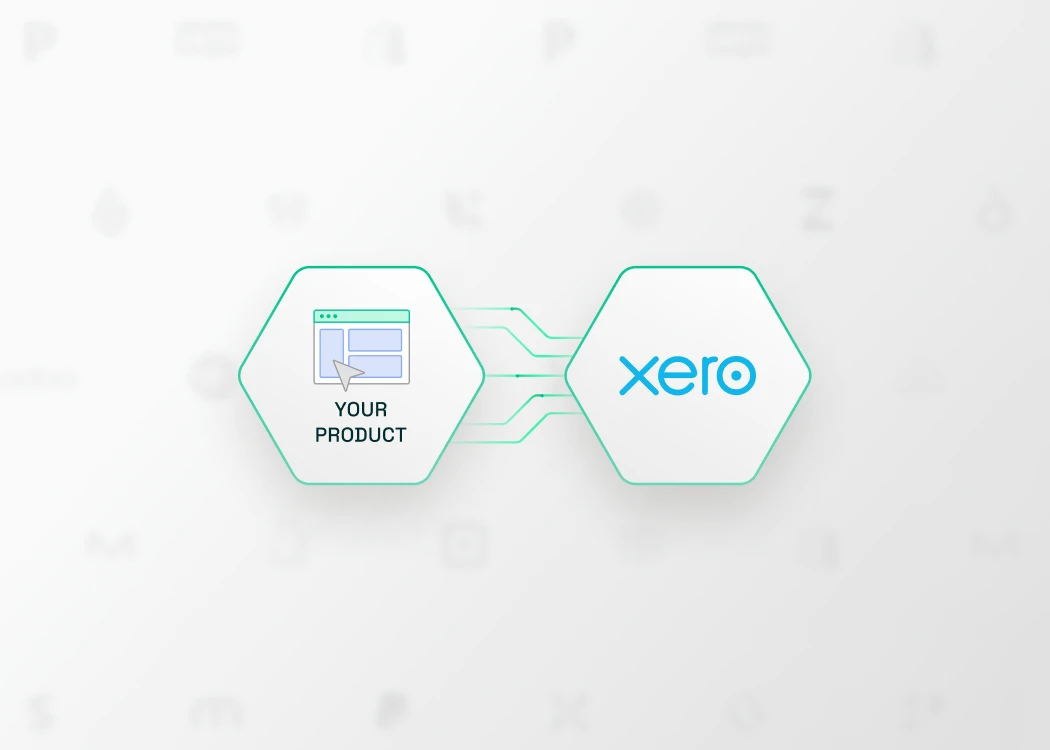
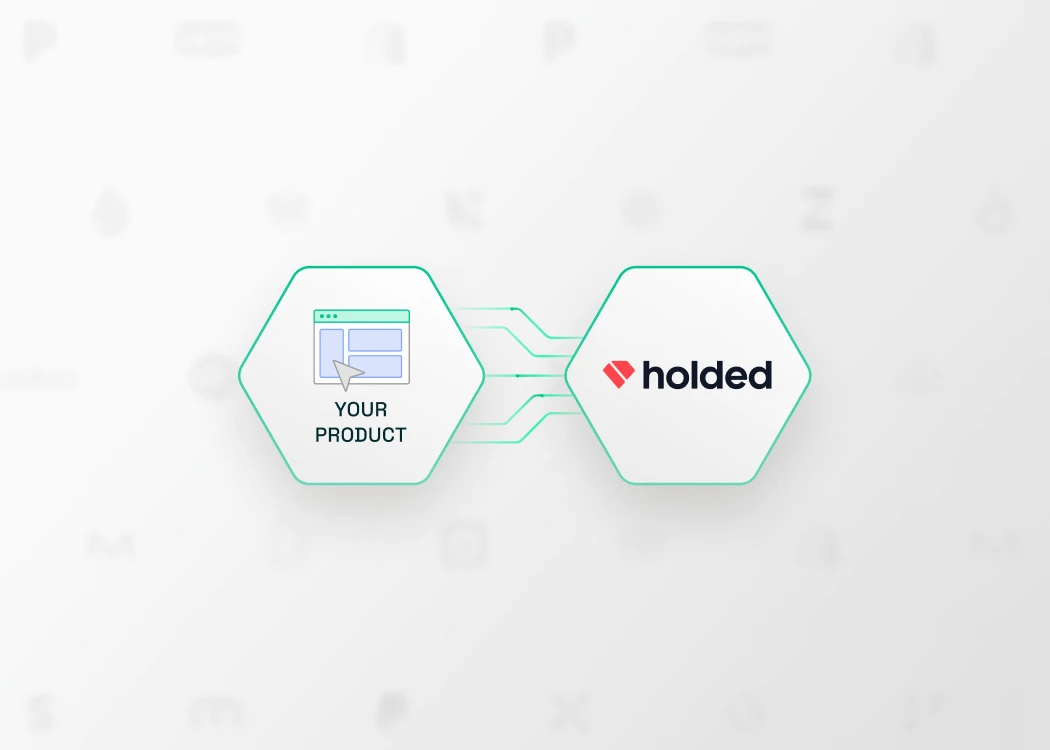

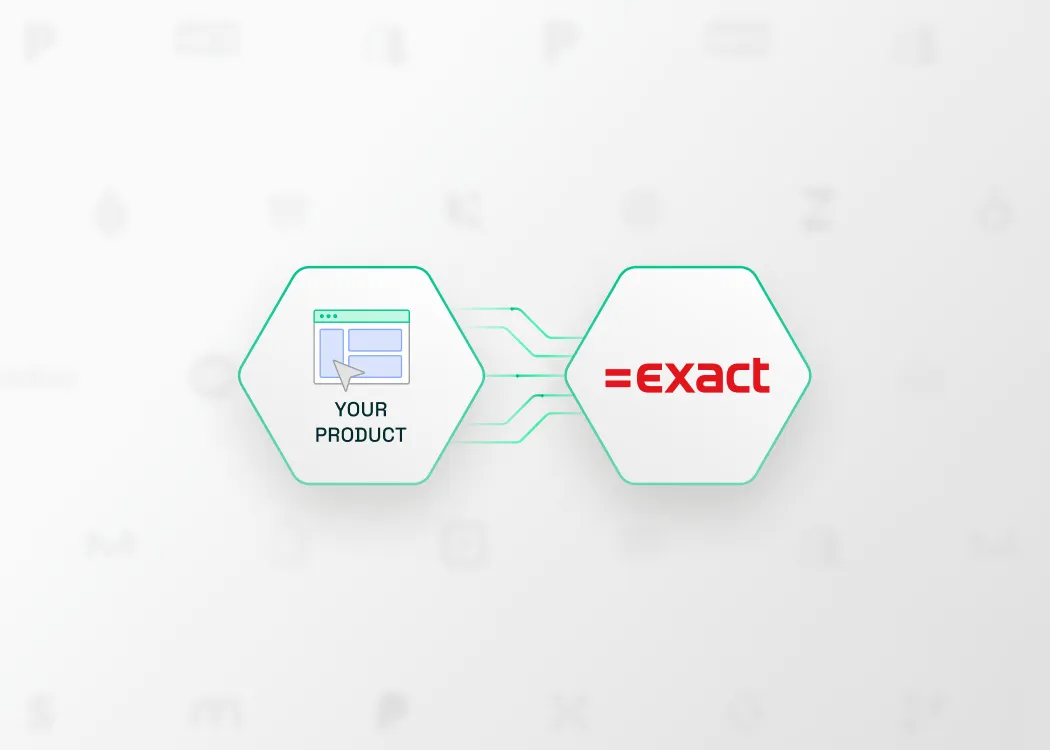
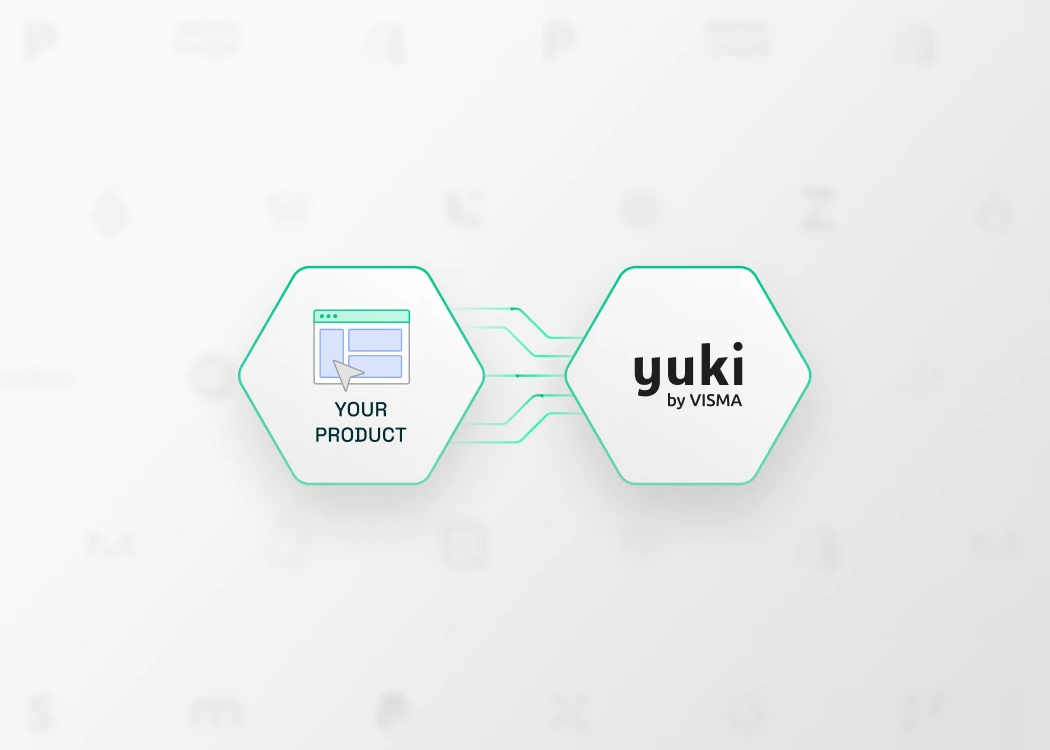
.webp)
.webp)
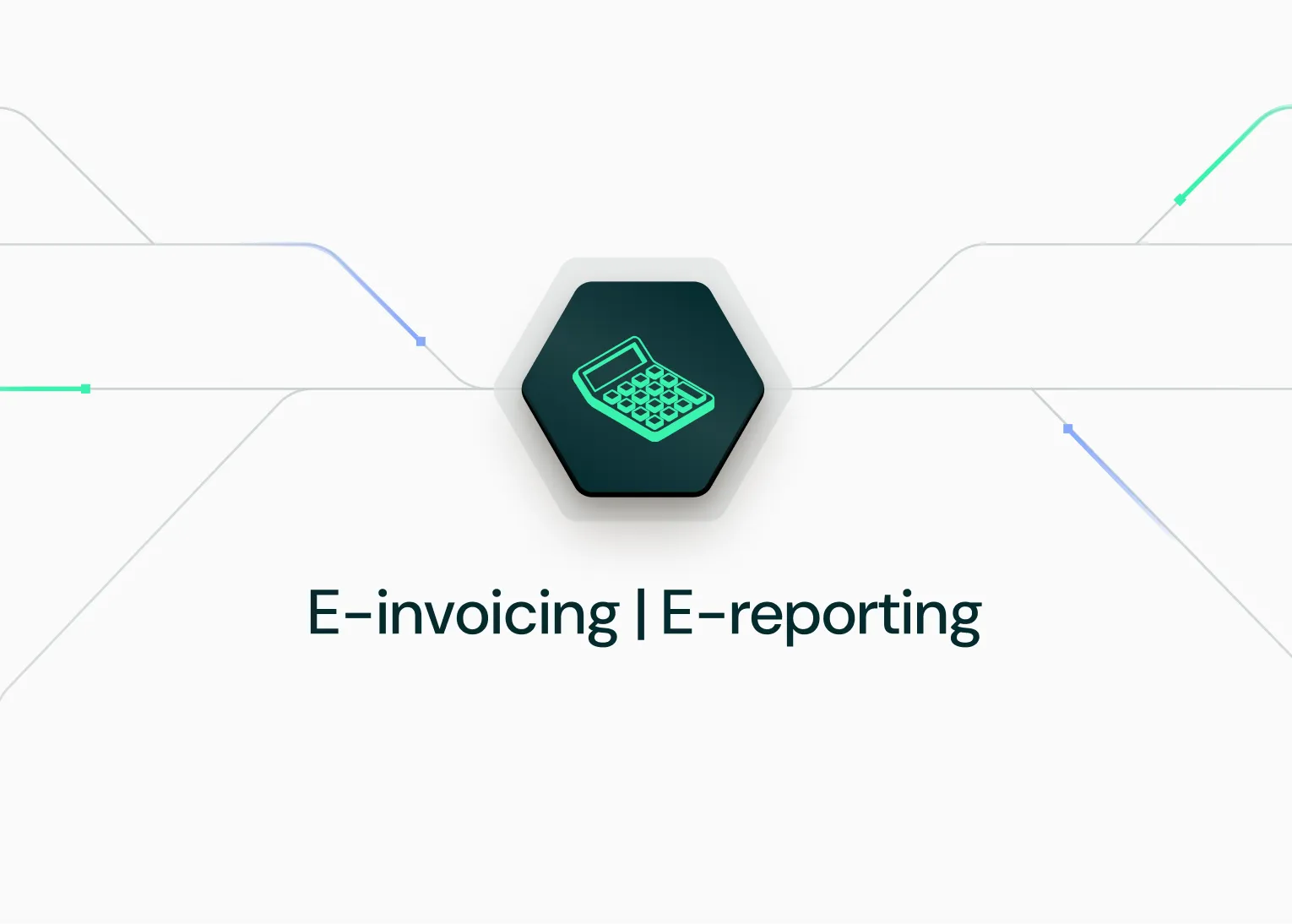
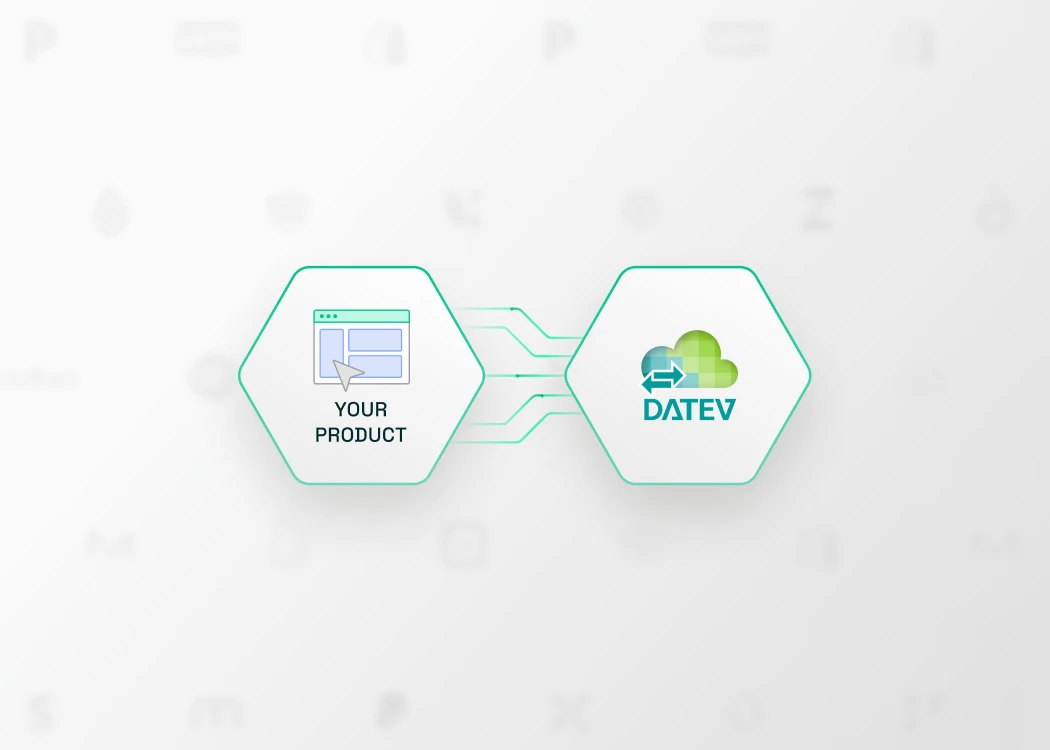
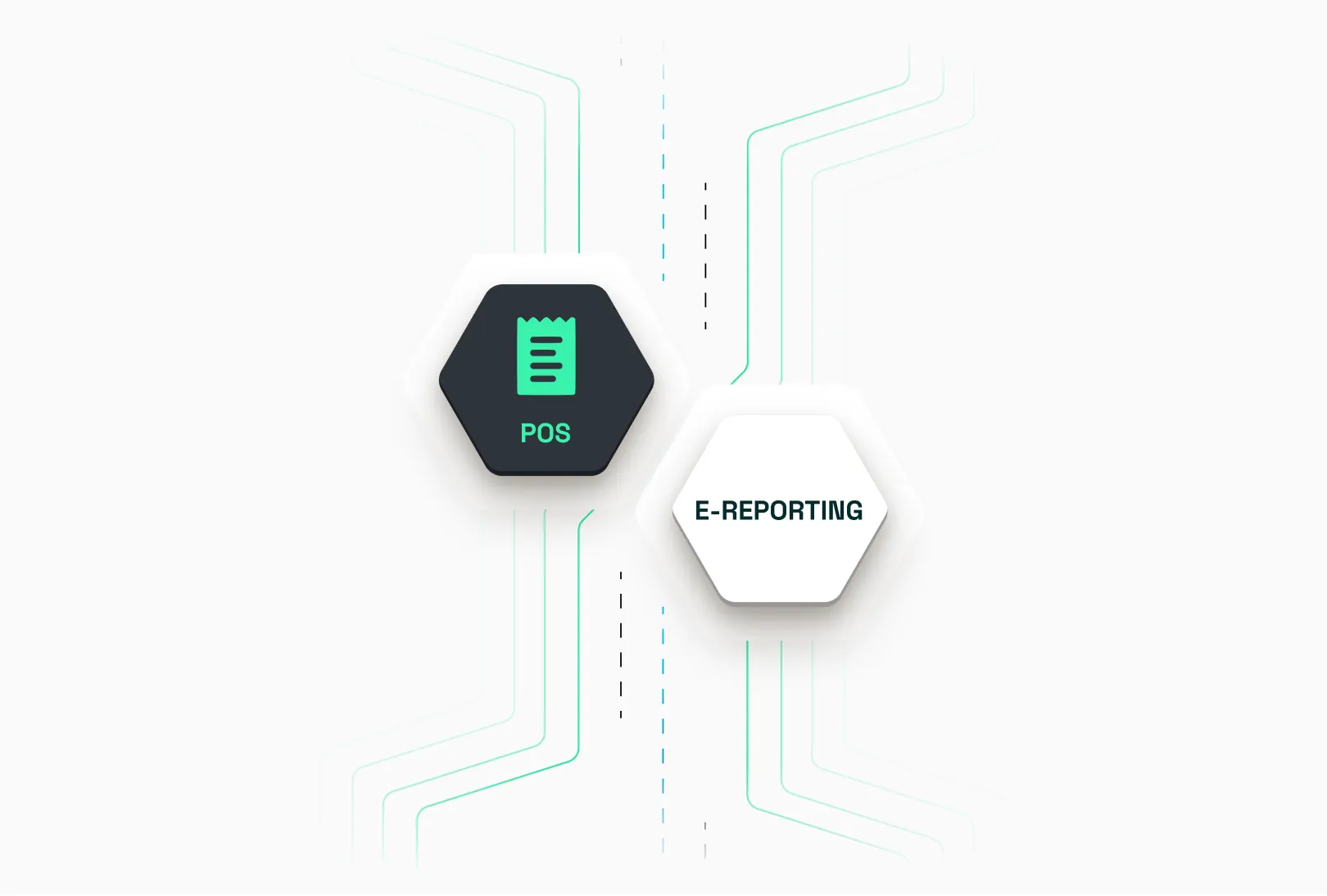
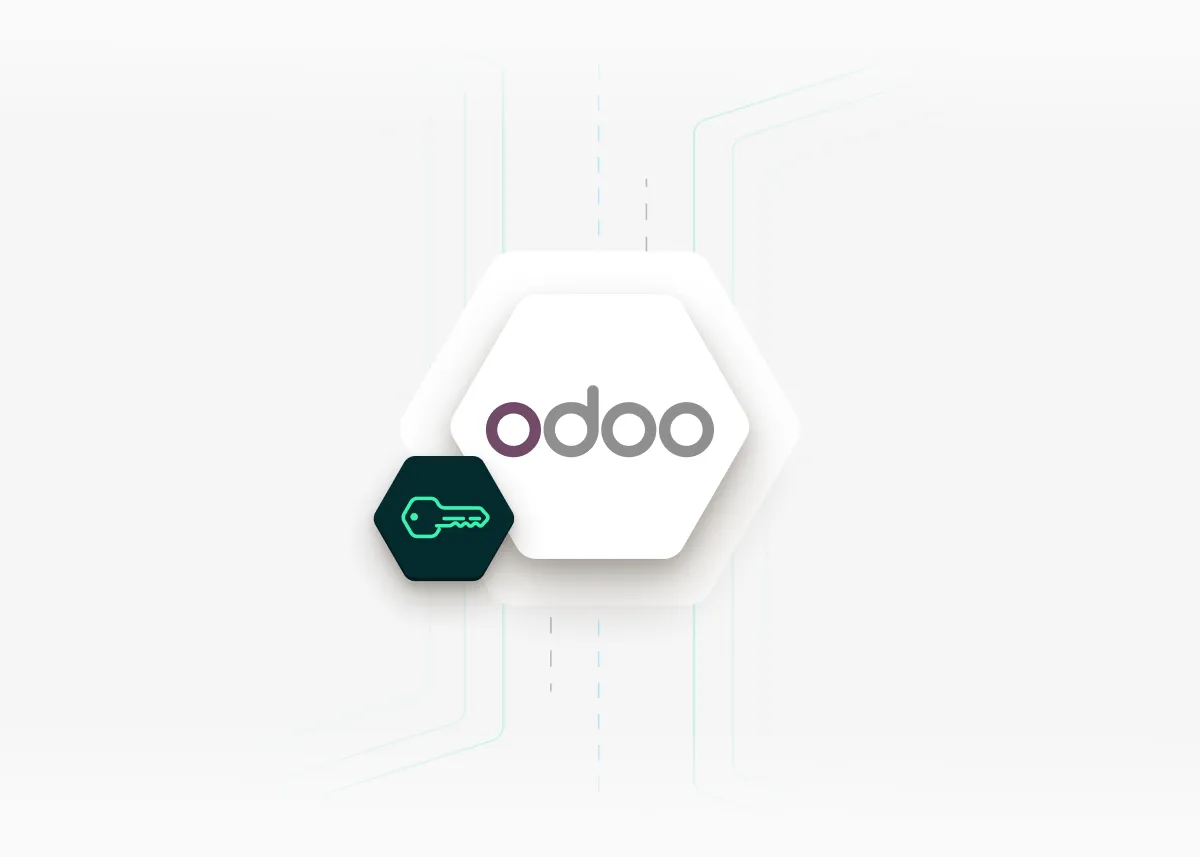
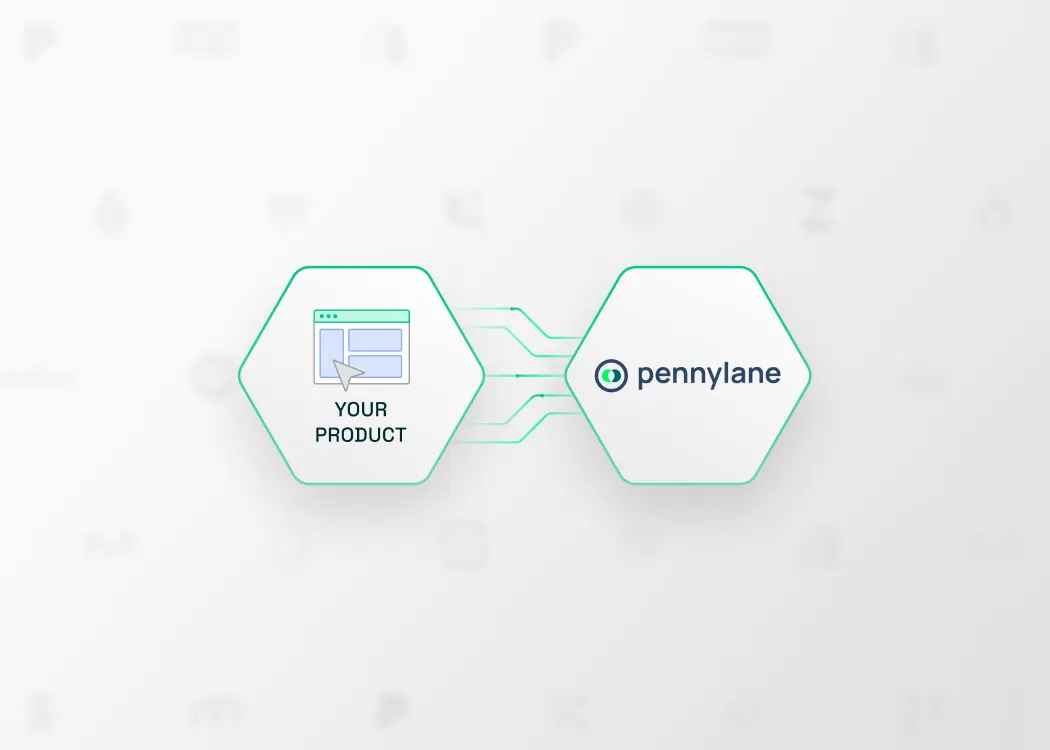

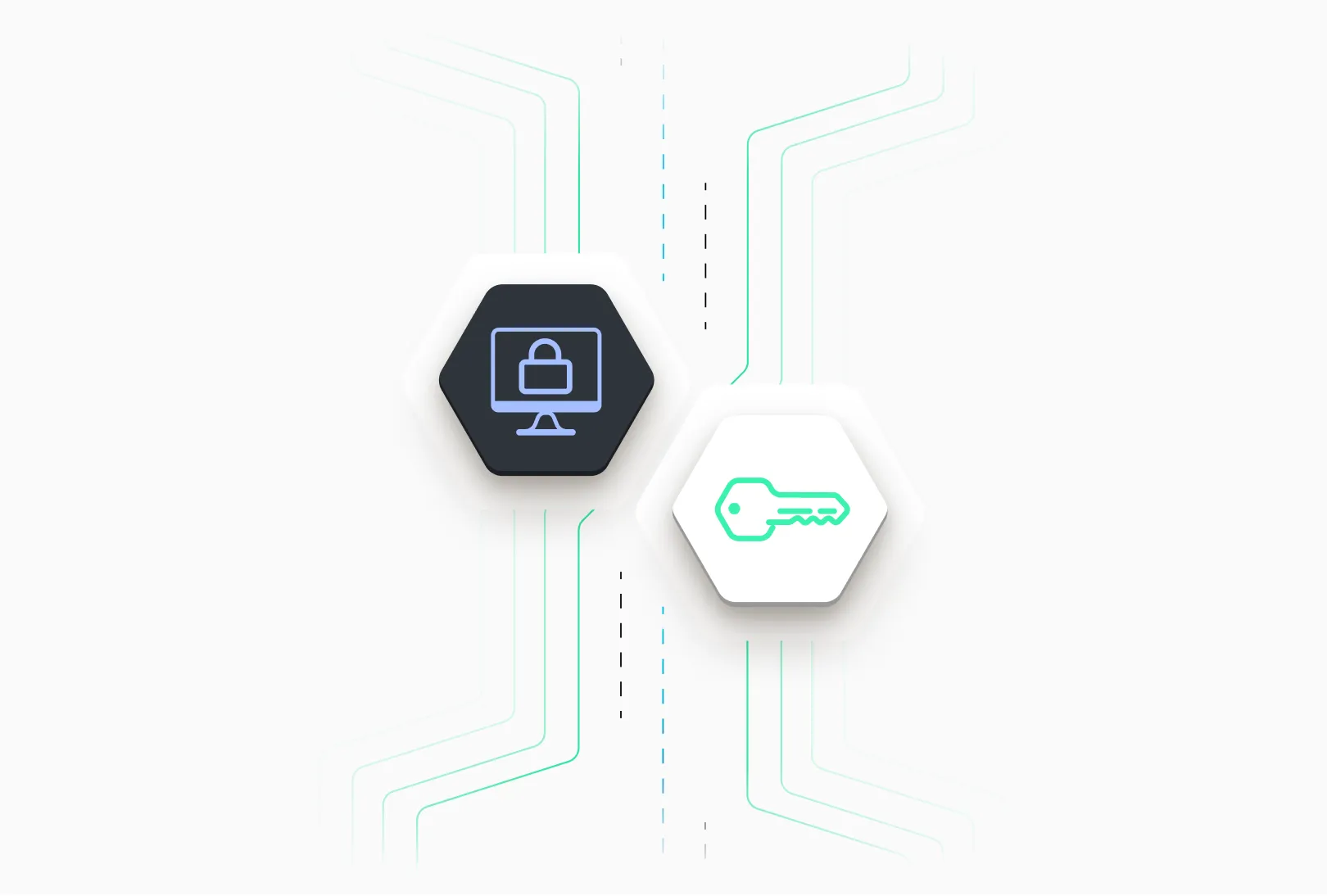
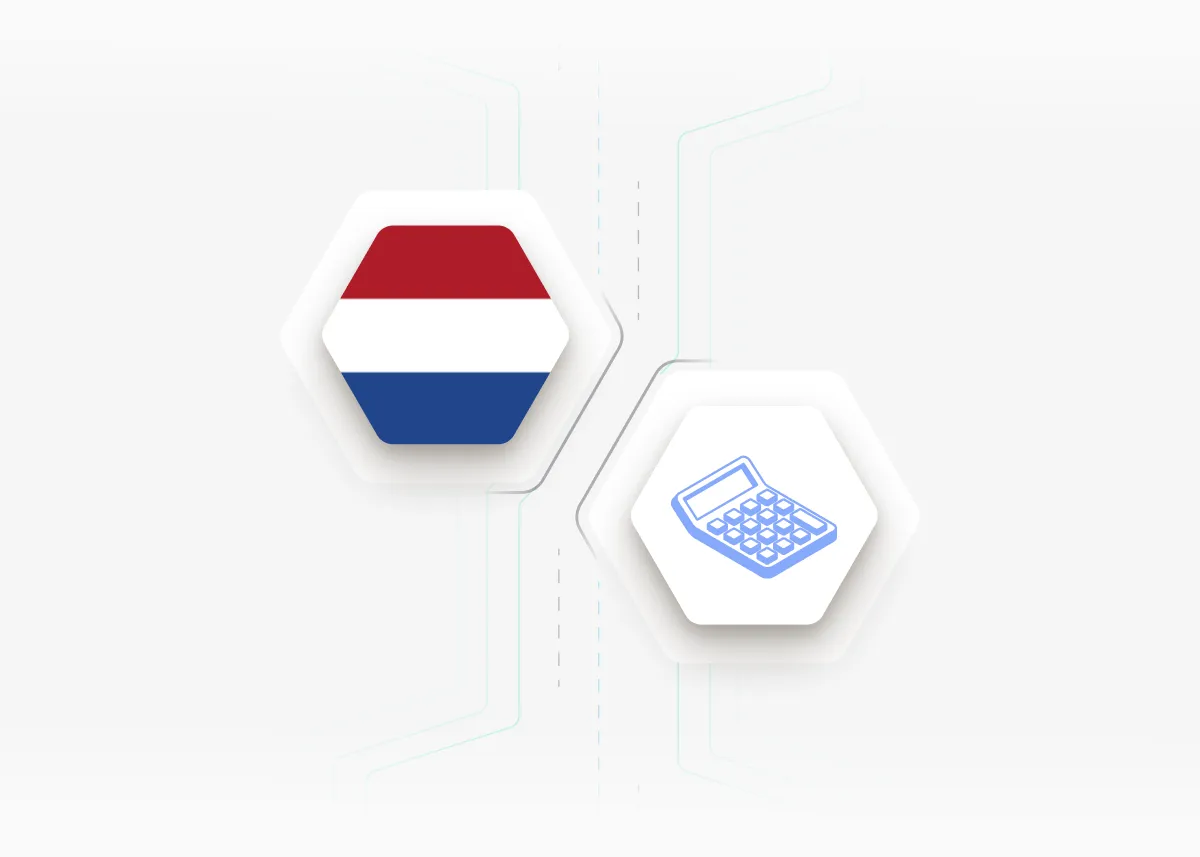
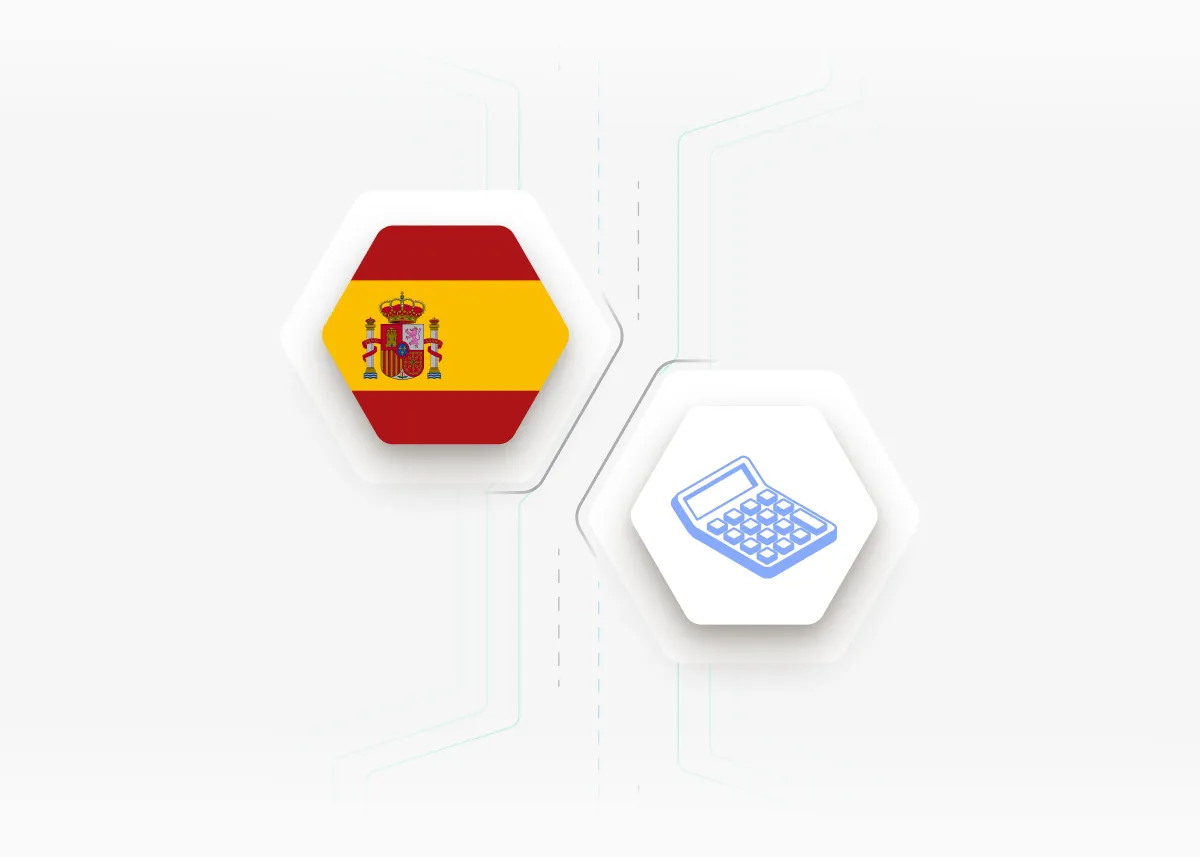
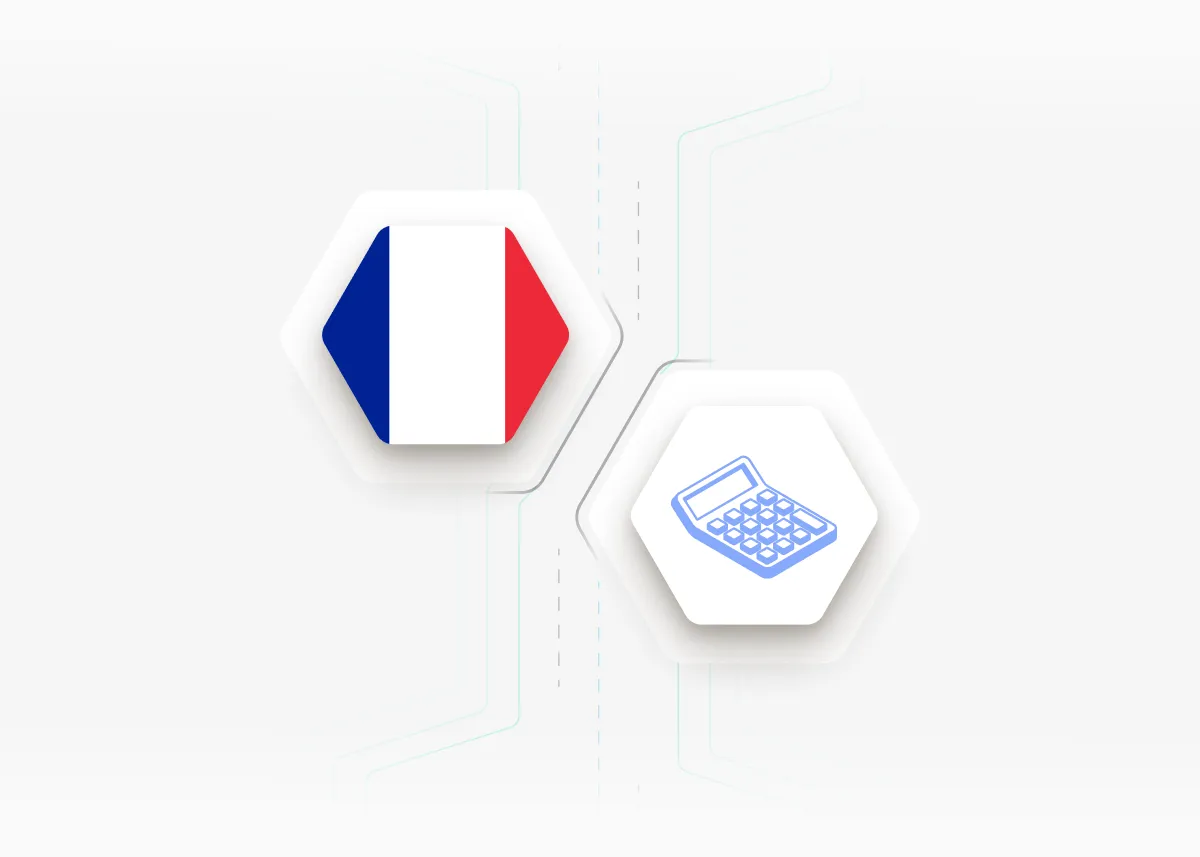
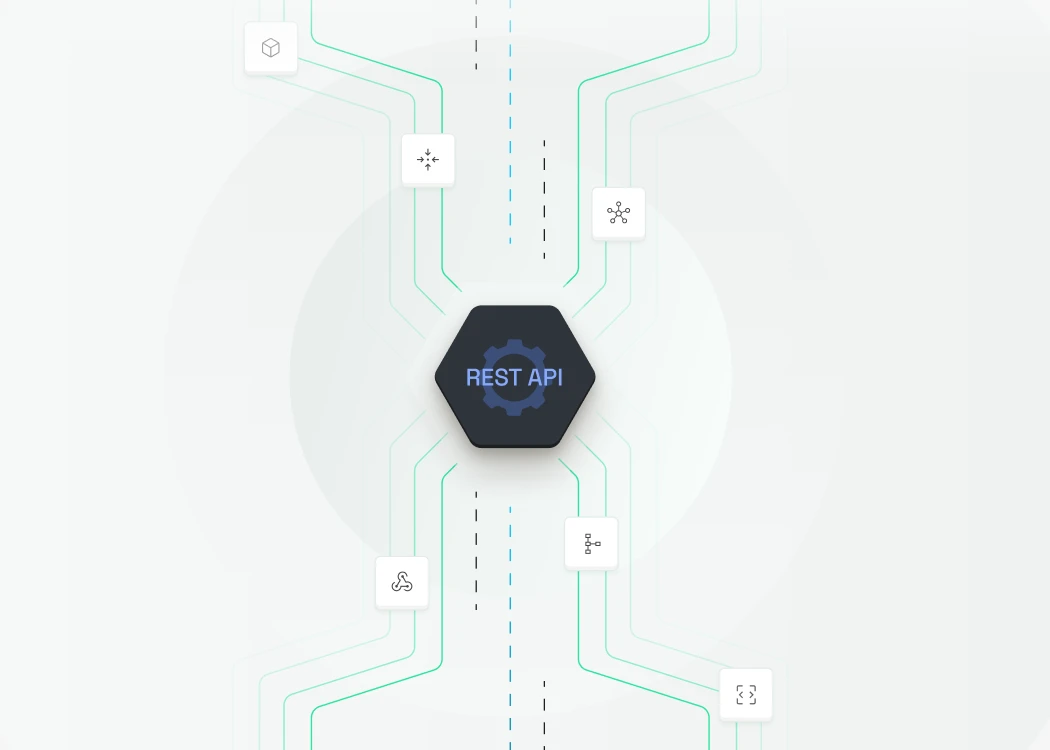






.avif)



